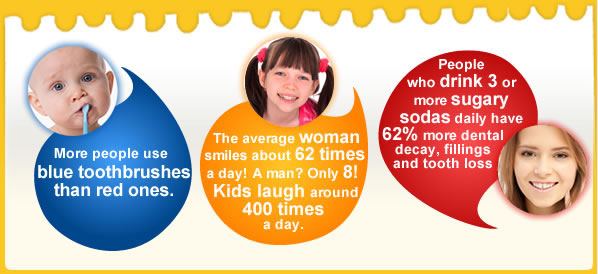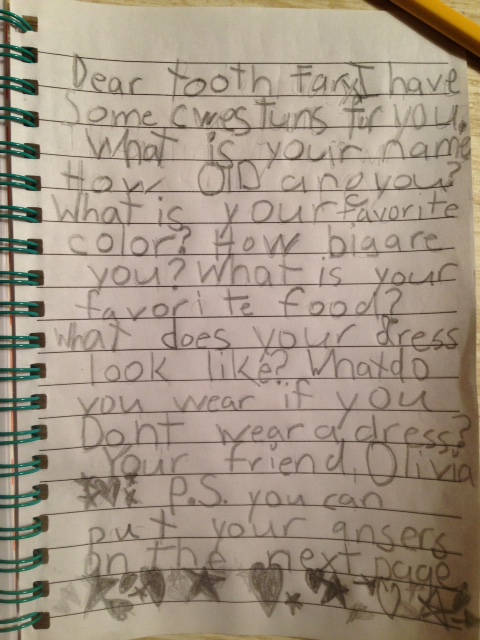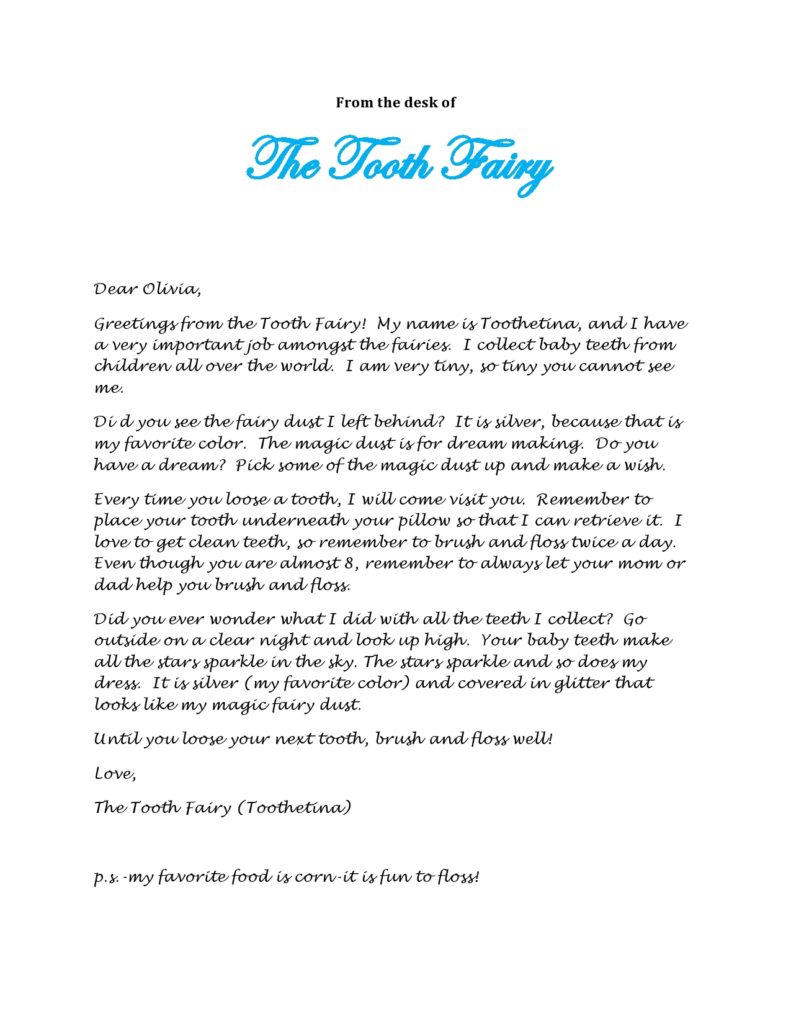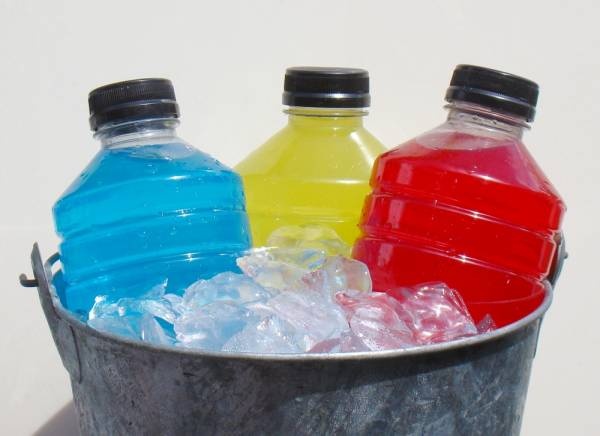
Of course little ones are sweet on the most notorious of tooth enamel enemies, candy. But they’re also fans of fruit snacks, raisins, and other sticky treats widely (and mistakenly) believed to be wholesome and safer for teeth. The problem is, the stickier a food, the easier time it has clinging onto and in between teeth, not to mention settling into gums — where the sugars in it (whether added or naturally-occurring) promptly turn into a feast for bacteria. The result: placating your toddler’s sweet tooth with a box of raisins or all-fruit leather may put a smile on his face now…but wreck havoc on that smile later. At Atlanta Pediatric Dental Specialists, we will discuss harmful dietary habits with your child each time they come to visit us for a dental cleaning. Dr. Krieger believe in educating all their patients about causes of tooth decay and strive to have their patients incorporate good habits into their daily lives.
Teething typically begins when a baby is between six and eight months old, although some children don’t have their first tooth until 12 to 14 months. The two bottom front teeth (lower incisors) usually come in first and next to grow in are usually the two top front teeth (upper incisors). Then, the other incisors, lower and upper molars, canines, and finally the upper and lower second molars typically grow. All 20 baby teeth should be in place by the time a child is around two and a half years.

In preparation for teething, it’s best to educate yourself on what to expect and what you can safely do to help your child. Starting at the age of six months, signs to look for are irritability, accompanied by a lot of biting or chewing on hard objects and drooling. Other signs include gum swelling and tenderness; refusing food; and disrupted sleep.
Teething affects babies differently, but here are a few things Dr. Krieger recommend to parents to help their babies with the discomfort and potential pain of teething – and to help everyone at home get more sleep:
Most importantly, take your baby to Atlanta Pediatric Dental Specialists by age one to ensure that you are armed with the right information to help comfort your little one – and to set them up for a healthy smile for a lifetime.

Tooth decay often occurs on the chewing surfaces of the back teeth. These surfaces have deep pits and grooves that trap plaque and bacteria and bits of food. The pits and grooves are hard to keep clean because toothbrush bristles cannot reach into them. That is how decay starts in the groove and a cavity forms.
What is a dental sealant?
A dental sealant is a plastic material that is applied to a chewing surface of a back tooth. All of our sealant material at Atlanta Pediatric Dental Specialists is bisphenol-A free.
How do dental sealants work?
To keep decay from starting in the grooves of your back teeth, Dr. Krieger may recommend dental sealants. The sealant material flows into the pits and grooves of the teeth and act as a barrier to 'seal out' plaque and food.
How are sealants applied?
Sealants are easy to apply, and take only a few minutes to seal each tooth. Our sealant material is generally clear or white and cannot be seen when your child smiles or talks.
How long do sealants last?
Sealants may last several years before they wear out. Sometimes the sealants become worn away or may come off, and the sealant must be replaced. We will check your child's sealants at each cleaning to be sure the sealant is in place and working well.
Are there any restrictions for my child's diet after sealants?
Sealants hold up well with everyday chewing, but chewing on hard foods, like hard candies and ice, can break down sealants. At Atlanta Pediatric Dental Specialists, we recommend avoiding chewing on hard candies and ice for the life of the sealant.
Every new parent waits eagerly for the arrival of their baby's first tooth.

When should your baby see the dentist?
The American Academy of Pediatric Dentistry and the American Academy of Pediatrics recommends the first dental visit at one year of age to help establish a dental home. At Atlanta Pediatric Dental Specialists, we encourage your child's first visit at one year of age. A big concern at this age is early childhood caries. The most important reason to see a dentist early is to establish a good prevention program and to identify and eliminate any factors that put your child at risk for caries.
What can I expect at the first visit?
1. We will show you around our office and introduce you to our staff.
2. Dr. Krieger will complete an oral examination of your baby. Our doctors and staff are trained to make the initial examination easy for you and your child.
3. We will discuss oral hygiene and show you how to care for your baby's teeth.
4. We will discuss fluoride intake and usage.
5. We will give you diet advice and give you tips to avoid future cavities created by harmful dietary habits.
6. We will begin to monitor your child's growth and development.
7. Dr. Krieger will discuss injury prevention and what to do if your child has a dental injury.
At Atlanta Pediatric Dental Specialists, Dr. Krieger talk to our patients about healthy diet choices for their teeth at every visit. Did you know squeezable fruit packs can be harmful to your children's teeth? Read this great article to see why:
Have you ever heard Dr. Krieger talk about "tooth scars" or "white rainbows"?

Maintaining excellent oral hygiene while wearing braces is extremely important to prevent decalcification (aka “tooth scars” or "white rainbows"), cavities, and gum disease. This damage to the teeth becomes more apparent when the braces come off, in areas around where the brackets were located. Braces themselves do not cause decalcification scars. They actually occur because of poor cleaning. If plaque is allowed to accumulate on the teeth, the acid that is formed leeches the calcium out of the enamel, hence the term “decalcification.” Without calcium, enamel becomes soft, and the teeth are prone to cavities.
Once decalcification appears, it is a scar that cannot be reversed. We can restore the teeth, but this can be costly and will never reverse the damage caused by poor oral hygiene.
The good news is that decalcification is preventable! Good brushing and flossing habits, in addition to Fluoride use, can significantly reduce the scarring. Fluoride can help to add minerals back to teeth, but cannot completely reverse the process of decalcification. Our hygiene staff at Atlanta Pediatric Dental Specialists will give you the tools and instructions you need to keep your teeth and gums clean and healthy while in orthodontic treatment.
Below are 10 fun facts about teeth we thought you’d enjoy learning about.

1.The enamel on the top surface on your tooth is the hardest part of your entire body.
2.Teeth start to form even before you are born—milk teeth or baby teeth start to form when the baby is in the womb, but they come through when the child is between 6-12 months old.
3.Humans use four different types of teeth (incisors, canine, premolars, and molars) to cut, tear and grind their food.
4.Humans have only two sets of teeth in their entire lifetime—baby teeth and permanent teeth. Once you have your permanent teeth, make sure you take good care of them.
5.No two people have the same set of teeth—your teeth are as unique as your fingerprint, so be proud of your unique set of teeth.
6.Your mouth produces over 25,000 quarts of saliva in a lifetime—that’s enough to fill two swimming pools. Saliva has many uses, including assisting you with your digestion and protects your teeth from bacteria in your mouth.
7.An average person spends 38.5 days brushing their teeth over their lifetime.
8.Many diseases are linked to your oral health, including heart disease, osteoporosis, and diabetes.
9.One third of your tooth is underneath your gums—that means only two thirds of your tooth’s length is visible.
10.If you get your tooth knocked out, put it in milk and hold it in your mouth—this will help your tooth to survive longer. Make sure you see a dentist right away.
We love our job! The kids in our practice are SO cute and unpredictable. One of our curious patients came to our office with this letter for the tooth fairy. See below:

Here is the tooth fairy's reply:

During these hot summer months, our kids love to drink sports drinks to rehydrate. These drinks are just as harmful to our teeth as sodas because of the sugar and ACID in their ingredient list. Check out this article below for more information on the harmful damage caused to the teeth by sports drinks.

http://www.cnn.com/2009/HEALTH/04/08/sports.drinks.teeth/index.html?_s=PM:HEALTH
